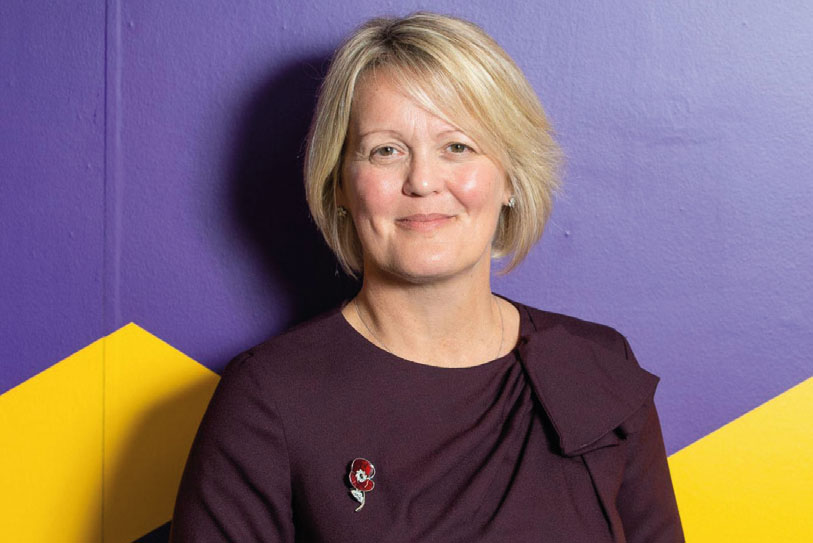
International Women’s Day takes place on Tuesday March 8th and this year’s theme is #BreakTheBias. This event shines the spotlight on women in all walks of life and there is no doubt it has helped to bring about change to everyday working lives.
By Alison Jones, Partner, Kreston Reeves
A big change to working lives which we have seen for women (and men) over the last two years is the move to more agile and hybrid working and we have learned that many people can do their jobs remotely from home with greater success and efficiency.
It is something which we have implemented with great success across Kreston Reeves and I’m a firm supporter. I suspect the pandemic has just accelerated this process for many firms, but I’m still surprised to see that some are pushing back against it.
Here in the UK, it is thought around 90% of businesses are now offering alternative approaches to traditional ways of working and there is also a clear business case for it. Recent research by The Agile Future Forum and McKinsey & Company highlights that benefits to a business could be the equivalent of 3-13% of workforce costs, which at a time when inflation is causing concern in many sectors, would provide an extra boost for many firms.
So, what are the benefits of more agile working and is it right for your business?
• It will help you to recruit and retain your workforce in the future, in particular retaining workers, typically women who may leave the workforce due to childcare and other caring responsibilities at different points in their lives.
• It can increase productivity and create a more performance-driven culture.
• Along with technology it is helping businesses to reduce their carbon footprint such as reducing travel to meetings, office footprints etc
• It will reduce the cost of employing your workforce with the need for a smaller office base and allow you to scale up your business more easily without needing to move or take on new premises.
• It is allowing businesses to build a new relationship with their teams, one based on greater trust and more collaboration.
But not all employees are the same and a bad experience of agile working could make business leaders question whether it is worth it. So what can you do to make it successful for your business?
Within your business-planning process, it is important to develop a strategy for how agile working can be incorporated, the roles where it has most relevance and benefit and how you can allow people to progress their career and learn from their colleagues around them whilst still adopting agile working.
Secondly look at what is holding your business back, what or who are the stumbling blocks and how can these be overcome.
Consider if it would be beneficial to have a pilot scheme which will allow you to look at and review everything – pros, cons, costs, savings etc.
Consult with your staff and explain how you propose more agile working and have an open and frank conversation with them to allay any concerns.
Provide training, guidance, and ongoing support for managers so they are on board with and able to deliver your vision of agile working.
Agile working for all will also help to reduce the possibility in the future of bias creeping into your business. For example, it will help reduce the risk that a woman might be passed over for promotion if they want more agile working. Women won’t be seen to be less committed to their job if they want to work flexibly if it is offered to everyone. And more women especially are more likely to be hired in the future if they are able to work flexibly. Let’s face it, we have done this for the last two years, so why return to ‘normal’?
Thinking ahead to how you can make a difference this year (whether as part of International Women’s Day or another time), individually ‘us women’ can also help through sharing our knowledge and experience. I just want to share a brief example.
A few years ago, I was involved with a mentoring scheme which matched business women here in the UK with women in Africa who were looking to set up a business and needed help and access to knowledge and experience.
A lack of business knowledge was holding my mentee back. She was making cakes to sell but hadn’t written down recipes, had no budget, or projections, hadn’t fully thought through her sales price etc. She just wanted to make cakes. I helped this lady and her fledgling business which was always going to be a small business and it also provided an opportunity for me to learn how to apply my business knowledge and experience in a very different market and culture and to be more aware of the challenges she faced as a female entrepreneur.
Experiences like this have made me more determined to share knowledge, to put people in touch and to use my network of contacts to help others to open doors for them and their business, whatever its size.
This year let’s all take a moment to think about the difference we can make to those around us, especially other women, locally, nationally, and internationally.




